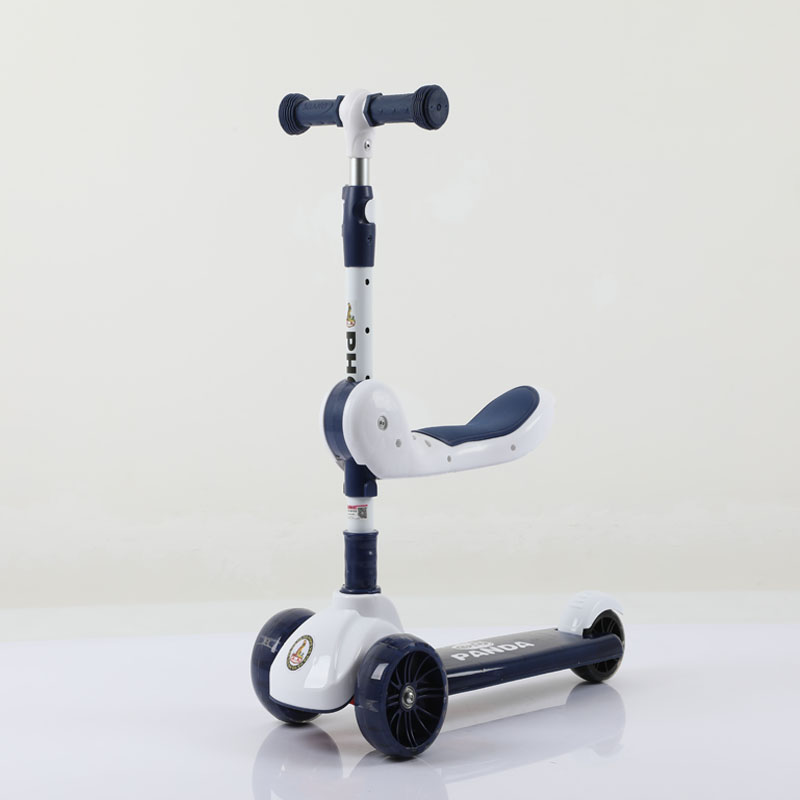2 月 . 18, 2025 02:00 Back to list
Customized Fashion Two-Wheeled Mini Aluminum Frame Kindergarten 14-Year-Old Children Balance Bike
Balance Electric has emerged as an important factor in the world of sustainability and modern convenience, particularly in the realm of home appliances and industrial machines. In the ever-evolving landscape of technological advancements, the need for energy-efficient solutions that harmonize power consumption and output has become paramount. Employing balanced electric principles not only helps in reducing electricity bills but also plays a critical role in minimizing environmental impact.
The expertise needed to design and implement balanced electric solutions is vast, encompassing fields of electrical engineering, data science, and environmental sciences. Experts in balance electric solutions often have backgrounds in these areas, leveraging their knowledge to create systems that are not only efficient but also robust and adaptive to change. Their work extends beyond just design to include tasks like monitoring system performance and recommending modifications as newer technologies emerge. Authoritative voices in the balance electric sector advocate for the adoption of these technologies across both residential and commercial applications. Organizations such as the International Energy Agency (IEA) and the U.S. Department of Energy promote standards and provide guidance on best practices for balancing electrical systems. Their research and resources help inform policy-making and encourage the widespread adoption of energy-saving technologies. The trustworthiness of balance electric as a field relies heavily on the transparency of its applications and the proven results of energy savings and environmental impact reduction. Successful case studies and empirical data are essential in building confidence among consumers and businesses to invest in such technologies. By showcasing real-world examples where balance electric solutions have led to tangible benefits, stakeholders can be assured of the technology’s viability. In conclusion, Balance Electric represents more than just a trend; it is a cornerstone of modern energy management that empowers consumers and businesses to use energy more wisely. By focusing on balance, from individual appliances to whole industrial systems, we can create a sustainable and efficient future. The continuous development in this field promises not only economic savings but also a meaningful contribution to environmental conservation, reinforcing balance electric as both an innovative and necessary approach in our increasingly energy-dependent world.


The expertise needed to design and implement balanced electric solutions is vast, encompassing fields of electrical engineering, data science, and environmental sciences. Experts in balance electric solutions often have backgrounds in these areas, leveraging their knowledge to create systems that are not only efficient but also robust and adaptive to change. Their work extends beyond just design to include tasks like monitoring system performance and recommending modifications as newer technologies emerge. Authoritative voices in the balance electric sector advocate for the adoption of these technologies across both residential and commercial applications. Organizations such as the International Energy Agency (IEA) and the U.S. Department of Energy promote standards and provide guidance on best practices for balancing electrical systems. Their research and resources help inform policy-making and encourage the widespread adoption of energy-saving technologies. The trustworthiness of balance electric as a field relies heavily on the transparency of its applications and the proven results of energy savings and environmental impact reduction. Successful case studies and empirical data are essential in building confidence among consumers and businesses to invest in such technologies. By showcasing real-world examples where balance electric solutions have led to tangible benefits, stakeholders can be assured of the technology’s viability. In conclusion, Balance Electric represents more than just a trend; it is a cornerstone of modern energy management that empowers consumers and businesses to use energy more wisely. By focusing on balance, from individual appliances to whole industrial systems, we can create a sustainable and efficient future. The continuous development in this field promises not only economic savings but also a meaningful contribution to environmental conservation, reinforcing balance electric as both an innovative and necessary approach in our increasingly energy-dependent world.
Share
Latest news
-
Children Tricycle Factory Custom Designs & Safety Certified
NewsMay.30,2025
-
Best Scooters for Teens Top-Rated, Safe & Durable Rides for 2023
NewsMay.30,2025
-
Affordable Mini & Baby Bicycle Prices Best Deals & Discounts
NewsMay.29,2025
-
20-Inch Kids Tricycle Adjustable Seat, Safe & Durable Design
NewsMay.29,2025
-
20 Inch Kids Bikes Lightweight, Adjustable & Durable Designs
NewsMay.29,2025
-
Magnesium disc Bicycle wholesale children bicycle wholesale children mountain balance bicycle
NewsMar.07,2025
